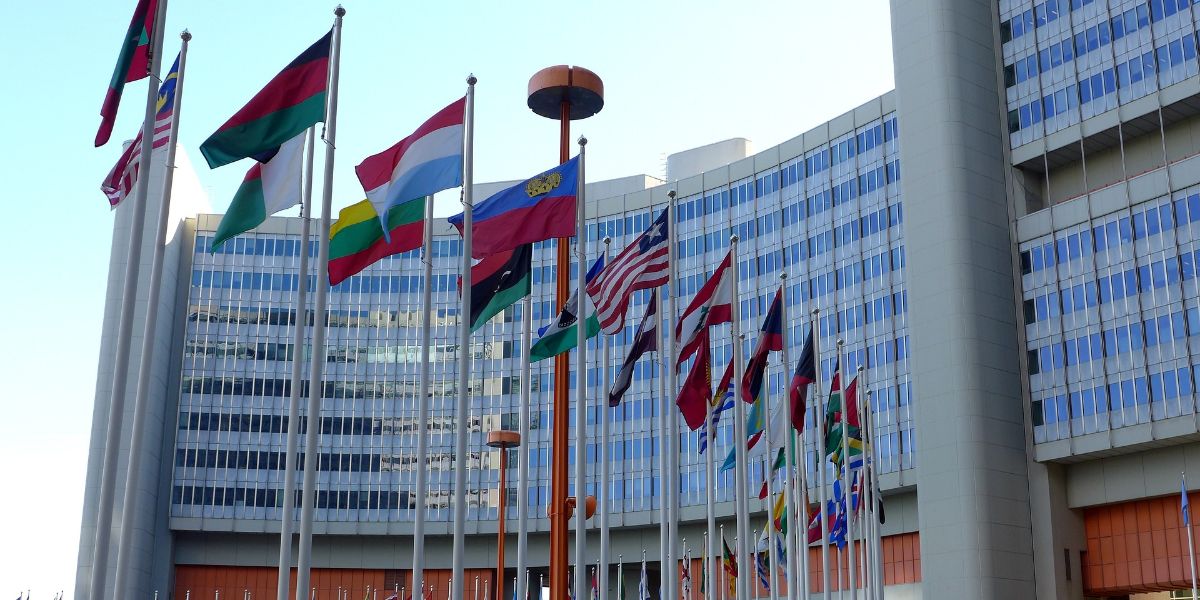The fifty-sixth session of the UN Economic Commission for Africa (UNECA) Conference of African Ministers of Finance, Planning and Economic Development was held from 28 February to 5 March 2024 in Zimbabwe. The theme of the conference was on Financing the transition to inclusive green economies in Africa: imperatives, opportunities and policy options.
Domestic Resource Mobilisation
Hanan Morsy, Deputy Executive Secretary and Chief Economist at UNECA, noted that sustainable development requires optimisation of tax collection. African countries have the lowest tax-to-GDP ratios, compared to other regions, and need to optimise domestic resource mobilisation. More efficient public spending is also required, to obtaining maximum returns from limited resources. Investment needs be channelled to the correct objectives and must be allocated as efficiently as possible to maximise the impact.
Countries should increase domestic resource mobilisation by broadening their tax base. Progressive tax systems can be used, and countries should increase digitalization by introducing measures such as electronic tax filing. Revenue could also be increased by removing wasteful tax exemptions. Research is currently being conducted by UNECA to assess the optimal taxation regime for the digital and technological sectors.
Climate change has led to increasing financing needs, further eroding fiscal space and increasing financing costs. Reform of the global financial architecture is required to attract more affordable and concessional finance to Africa. More private sector investment is needed, and de-risking of projects is required to attract the investment. The success of regional initiatives depends on effective implementation of the African Continental Free Trade Area (AfCFTA). Regional collaboration can promote economic diversification, industrialisation, and intra-regional trade.
Adequate policy and regulatory frameworks are required to create an enabling environment. The application process for permits and licences should be streamlined and opaque regulations and policy inconsistencies should be removed. There should be transparent monitoring and reporting of the use of government revenue.
UN Resolution on International Tax Cooperation
Claver Gatete, the Under-Secretary-General and Executive Secretary of UNECA, noted that the UN Resolution on tax cooperation will help countries to strengthen domestic resource mobilization. The Resolution is an important step towards the creation of a fair and equitable global economic system. Improved cooperation can support countries in accelerating the implementation of African Union’s Agenda 2063 and the sustainable development goals.
Ministerial Statement
The Ministers noted in their Statement that Africa requires an additional USD 1.6 trillion by 2030 to achieve the sustainable development goals. They agreed that African countries should be united in calling for the reform of the global financial architecture to make it fit for purpose and prioritise development. Countries should develop instruments and institutions to overcome the gap in technology. Innovative financing mechanisms should be developed, with appropriate governance frameworks, to support financing for Africa’s aims.
The Ministers requested the member states of UNECA to work with the African Union Commission, the African Development Bank and other partners to build capacity, especially in tax policy and administration, international tax cooperation, governance of tax expenditure, debt management and countering illicit financial flows. The member states should also support the work of the intergovernmental committee established by the UN General Assembly to draw up an international framework convention on international tax cooperation. The international community should ensure that illicit financial flows are treated as a system-wide challenge and should be monitored at the global level.













